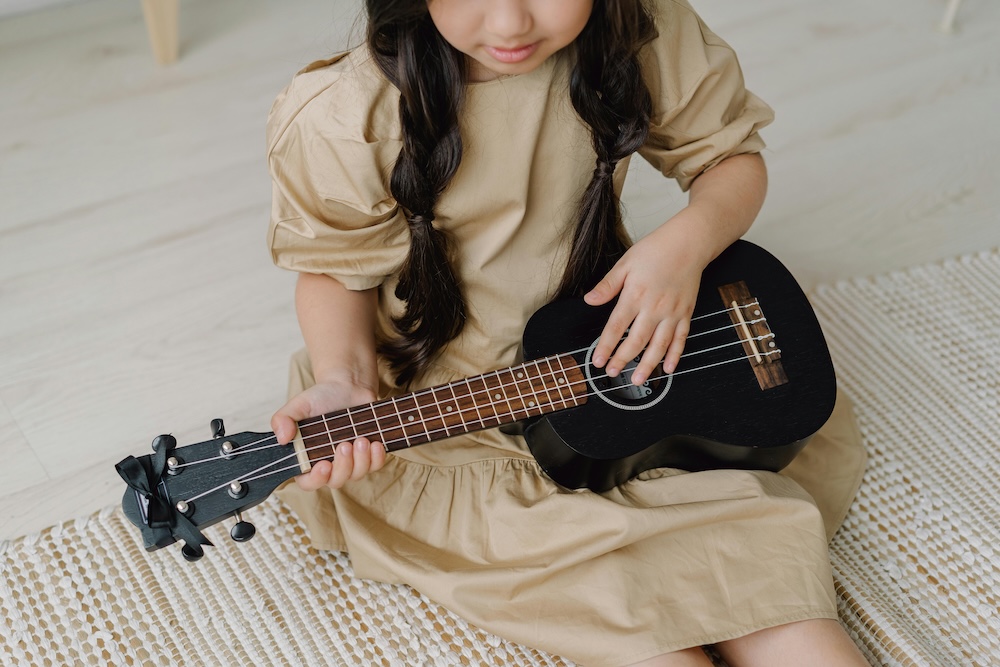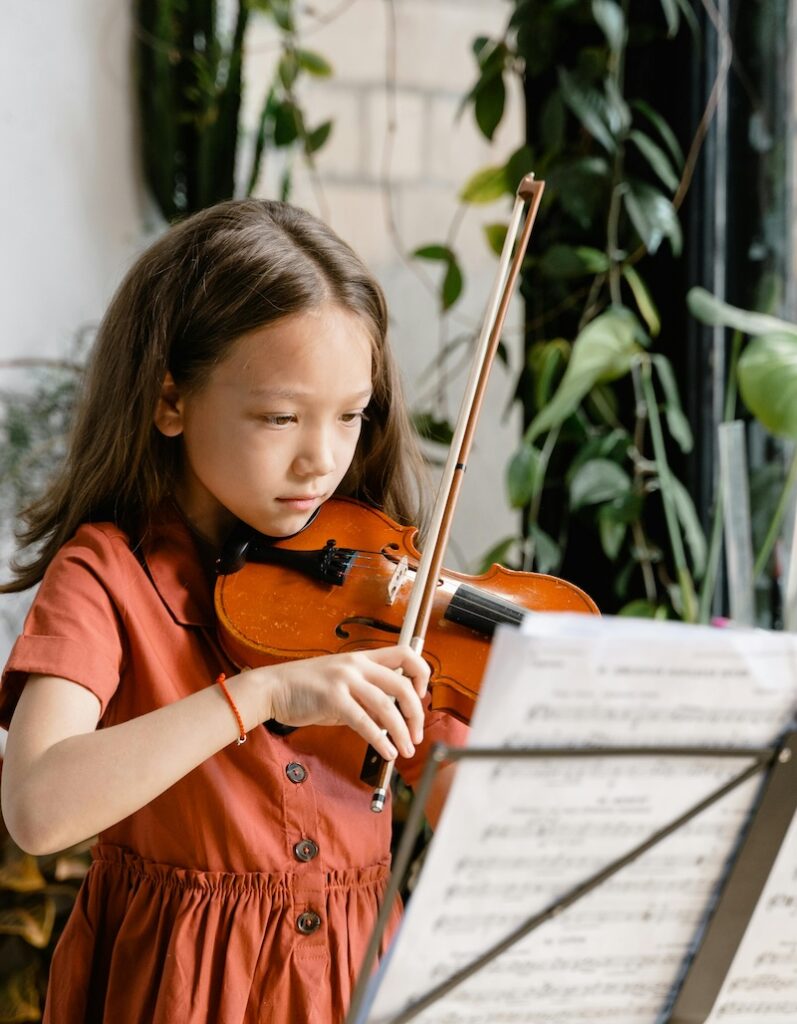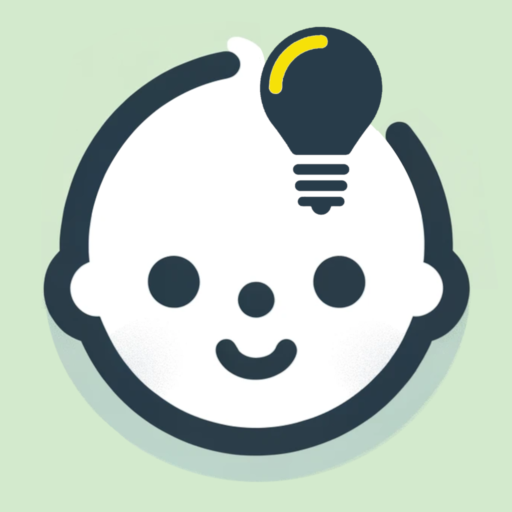Music has a transformative impact on a child’s development, offering benefits that extend from cognitive growth to emotional well-being. Determining the optimal time to introduce your child to playing an instrument and selecting the most suitable one can significantly influence their musical journey. Here’s how to approach this exciting venture.

When to Start Learning an Instrument
Determining the best age for a child to begin playing an instrument is a crucial consideration. Generally, children between the ages of 4 and 7 are at an ideal stage to start learning. At this age, they usually possess the necessary fine motor skills, hand-eye coordination, and attention span to engage in music lessons effectively.
Starting too early can sometimes lead to frustration due to a lack of physical or cognitive readiness. Conversely, beginning at the right time can make learning more enjoyable and rewarding, providing a solid foundation for future musical pursuits.
Selecting the Right Instrument
Choosing the right instrument involves considering your child’s interests, personality, and physical development. Different instruments offer various benefits and suit different age groups. Here are some excellent choices:
Piano: The piano is an excellent entry point for young learners due to its straightforward layout. It helps in developing hand-eye coordination, finger dexterity, and an understanding of musical theory. Children as young as 4 can start piano lessons, making it an accessible and versatile option.
Ukulele: The ukulele is perfect for younger children due to its small size and ease of play. It’s a great introduction to string instruments, suitable for children around 5 years old. Its cheerful sound and manageable size make it a fun and engaging choice.

Violin: For those interested in classical music, the violin is a rewarding choice. Children can begin learning the violin around age 6, using appropriately sized instruments. The violin demands discipline and regular practice, which can be highly beneficial for developing focus and persistence.
Drums: Drums are ideal for energetic children who enjoy rhythm and movement. Playing the drums helps develop coordination and a sense of timing. It’s best to start around age 6, when children have the physical stamina to engage with the instrument.
Recorder: Often introduced in school music programs, the recorder is easy to learn and helps children understand basic musical concepts. It’s suitable for children as soon as they can cover the holes with their fingers, typically around age 5 or 6.
Guitar: The guitar is a popular choice for older children who enjoy strumming and fingerpicking. Suitable for children aged 6 and up, the guitar can be played solo or in groups, offering a versatile musical experience.
Introducing an Instrument to Your Child
Introducing an instrument to your child should be a joyful and engaging process. Here are some tips to help nurture their interest in music:
Create a Musical Environment: Make music a regular part of your child’s life. Play different genres of music at home and encourage your child to sing along or dance to the rhythm. This exposure helps them develop an appreciation for music and ignites their curiosity.
Allow Them to Choose: Encourage your child to express their preferences and choose an instrument that interests them. Whether it’s the piano, drums, or violin, they are more likely to enjoy and stick with an instrument they are excited about.
Find a Good Teacher: A knowledgeable instructor can greatly enhance your child’s musical experience. Look for a teacher who is patient, encouraging, and experienced with young children. Group lessons can be more social and affordable, while private lessons offer personalized attention.
Make Practice Fun: Practice is essential for learning an instrument, but it shouldn’t feel like a chore. Integrate practice into your child’s routine and make it enjoyable. Use backing tracks, play along with their favorite songs, or turn practice into a game to keep them engaged.
Encourage and Support: Positive reinforcement goes a long way in motivating children. Celebrate their progress and provide constructive feedback. Encourage them to perform for family and friends to build confidence.
Be Flexible: If your child loses interest in an instrument, don’t force them to continue. They might prefer to try a different instrument, and that’s okay. The goal is to foster a love for music, so be open to exploring various options.

Starting to learn a musical instrument at the right age can set the stage for a lifetime of musical enjoyment and development. By considering your child’s interests and developmental readiness, you can choose an instrument that will inspire and engage them. Whether it’s the piano, ukulele, drums, or another instrument, the journey of learning music is a rewarding and enriching experience. Encourage your child, make music a joyful part of their life, and watch as they grow into confident and skilled musicians.

Leave a Reply